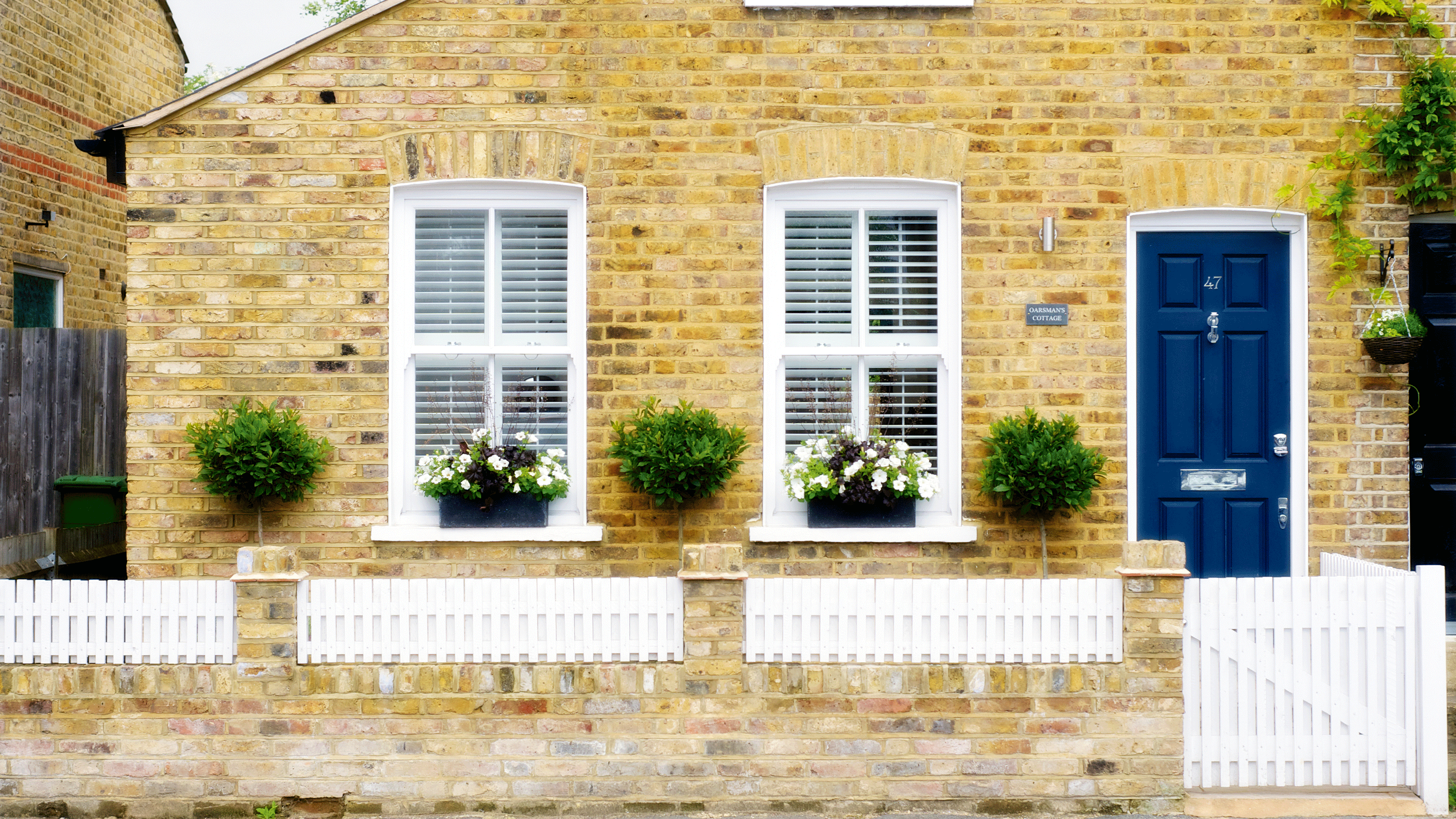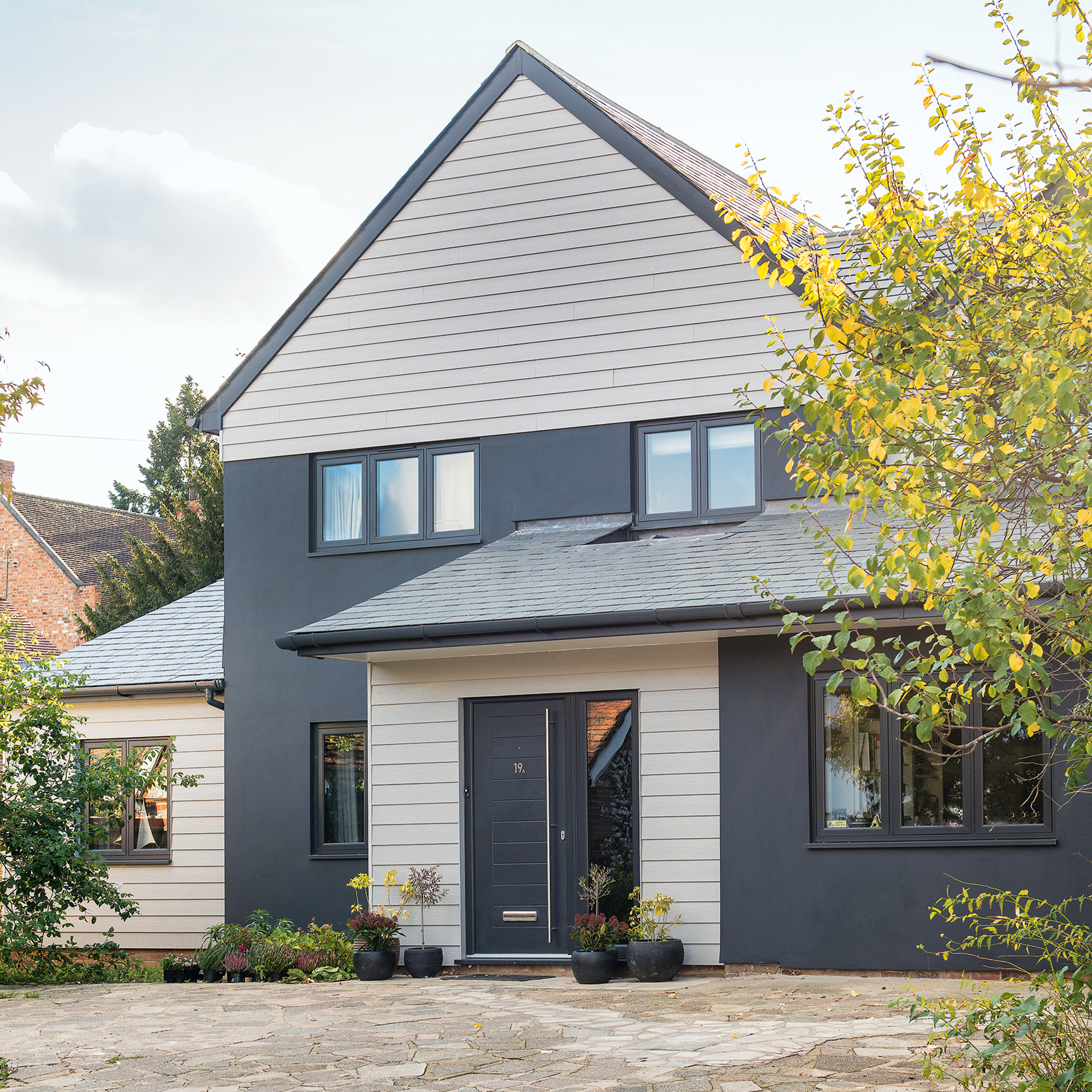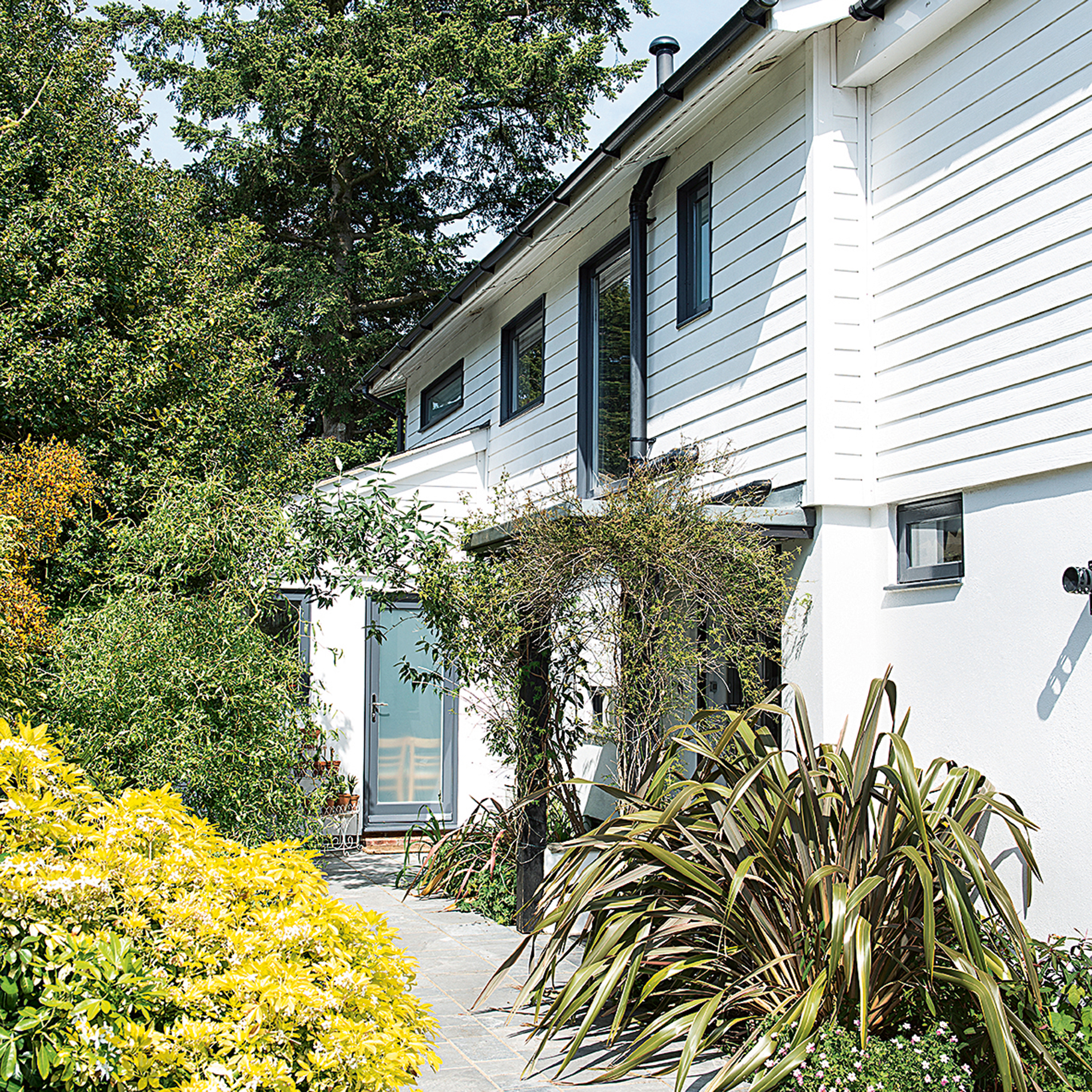Should you ever pay above the asking price for a home?
We explain whether you should ever pay above the asking price for a home, the pros and cons, reasons why you should, and whether sellers have to accept the highest offer

Sign up to our newsletter for style inspiration, real homes, project and garden advice and shopping know-how
You are now subscribed
Your newsletter sign-up was successful
If you’ve fallen in love with your dream home you may be tempted to pay over the asking price. But is it ever a good idea?
Those new to buying a home may not realise that an asking price is just a guide. An estate agent will advise the seller on an appropriate asking price for their property based on its condition, location, size and how competitive the current market is.
But there can be lots of other tactics at play too, to get you hooked on the property and encourage you to pay above the asking price.
House prices, however, are forecast to fall by 5% this year, according to Zoopla. So before you decide to pay over the asking price for a home read our guide to make sure it’s the right decision for you.
Should you ever pay above the asking price for a home?
Whether you pay above the asking price or not should ultimately depend on your own research and budget. Jeremy Leaf, north London estate agent and a former residential chairman of the Royal Institution of Chartered Surveyors, says: 'It might sound as if it’s going against the grain to pay above the asking price but an asking price is just that. It could be aspirational on the sellers’ part or set quite low to generate interest. Buyers shouldn’t be too fixated on it; your own research should tell you what an appropriate price is to pay, which is usually below the asking price but not always.'
Use online resources such as Rightmove, Zoopla, Onthemarket.com and PrimeLocation.com to search for recent sold prices in your area. Check if those prices have gone up or down in the last 12 months. If prices are going down, you may have more bargaining power as a buyer.
Carol Peett, owner of buying agency West Wales Property Finders, adds: 'Look at all the property sites, not just one, to see if there are multiple properties which have been reduced in price. Zoopla, for example, makes it easy to check when a property went onto the market, at what price and if it has had a price reduction.'
Sign up to our newsletter for style inspiration, real homes, project and garden advice and shopping know-how
She adds that if a property has recently been reduced in price by 5%, you may be able to knock a further 2.5% off the asking price without insulting the seller. If the property was reduced in price two months ago and is still unsold, the seller may be willing to accept a 5% reduction off the asking price.
If prices in your area have been rising and there’s lots of buyers chasing a limited number of properties (known as a sellers’ market) the seller will be able to command a higher price for their home. Carol says in this type of market it may be appropriate to pay over the asking price: “Due to Covid, there was a mad rush of people wanting to move to the country, particularly the west coast of Wales.
'Prices rocketed and smallholdings and coastal properties were fought over. The only way to secure these properties was by paying over the asking price. Instead of raising the asking price, agents put a ‘come-and-get-me’ price tag on homes to lure buyers in causing a bidding frenzy. Buyers only had one chance to secure the property by submitting the highest price they could afford. Properties often went for as much as double the asking price.'
Since interest rates have risen, however, demand has subsided because buyers simply have less buying power. That means to sell a property sellers must price their homes realistically and buyers have more power to haggle down the asking price.
Jackie Fitzgerald, chief executive and founder of Homesorhouses.co.uk, a service to help investors find buy-to-let properties, says now is it not the time to pay over the asking price: 'The market pendulum is swinging towards the buyer,' she explains. 'Overpayment is never sensible. But for some buyers, when they find their dream home and there’s competition from rival bidders it could be tempting to do so. Proceed with real caution, the heart should not rule the head in property purchasing.'

Pros and cons of paying over the asking price for a property
If you're unsure whether you should pay over the asking price or not, it's worth weighing up the pros and cons.
Pros of paying over the asking price for a property
If you have the means to pay over the asking price, you stand a better chance of having a bid accepted on the most sought-after properties such as:
- Homes with a sea view
- Properties in areas of outstanding natural beauty,
- Period or quirky properties that rarely come up for sale
- Homes in exclusive locations.
By offering over the asking price, you could also skip the bartering process which some buyers find stressful.
You’re less likely to be gazumped too. Gazumping is when your offer has been accepted by the seller, but before you complete on your purchase the seller accepts a higher offer from another buyer.
Cons of paying over the asking price
If you’re using a mortgage to purchase the property, the bank may think you’re overpaying for the house. Before it lends you the money, your bank will send a surveyor to value the property. If the surveyor thinks it is worth less than you’re paying for it, you must either pay the shortfall from your own pocket or renegotiate the sale price.
You may also struggle to get back what you paid for the house if you sell up in a few years, particularly if house prices have fallen since you bought it. This could leave you in negative equity.
Reasons for paying above the asking price
- Property is being sold at auction Asking prices are set low at auctions to generate interest from buyers who typically aren’t dependent on mortgage finance. If there’s lots of interest, offers flood in above the asking price.
- Buying in a sellers’ market When buyers outnumber homes for sale, bidding wars may break out driving buyers to submit offers above the asking price.
- Secure the most desirable properties Carol Peett adds: “Even though the housing market is more subdued now, there are still more buyers for sea view properties in areas such as Pembrokeshire than there are properties. If any are listed for sale on the open market, it is well worth paying over the asking price to secure them. Even when property prices drop, homes like these continue to rise due to demand.”

Do houses usually sell for the asking price?
Whether houses usually sell for their asking price depends on housing market conditions. Analysis from Zoopla showed that in June, over 40% of sellers were accepting cuts of 5% or more to their asking price, the highest proportion since 2018. In the first half of 2022, when interest rates were still low, less than 15% of sellers were accepting such offers.
Do sellers have to accept the highest bid?
Sellers are under no obligation to accept the highest offer. While a high offer is attractive, so is a chain-free buyer. If you don’t need to sell a property to buy a new one, if you are a first-time buyer or investor, for example, you are in a strong bargaining position because you can proceed quickly without fear of losing a buyer for your own home.
Sellers are also advised to vet high bidders to make sure it is an offer they can make good on and not just an offer to win the race. Ask to see the buyer’s Agreement in Principle from their mortgage lender to prove they can afford to pay the price they have bid.
Samantha Partington is a personal finance journalist specialising in mortgages and the property market.
Over the past nine years, Samantha has worked for the Daily Mail, trade website Mortgage Solutions and business title Property Week. She regularly writes for national money pages including Money Mail and Sun Money and supports prop tech firms with content writing.